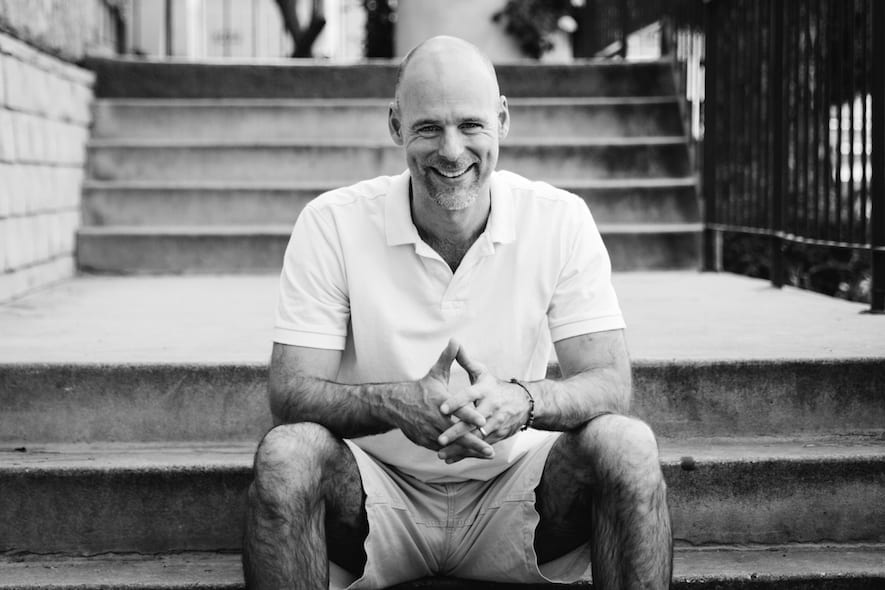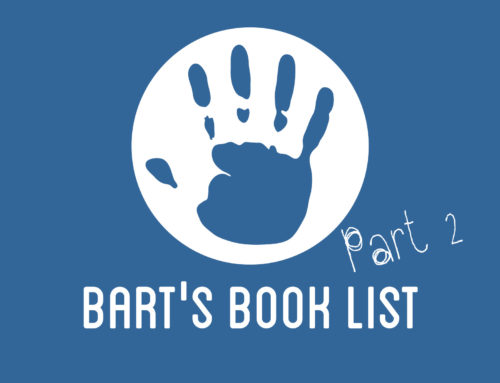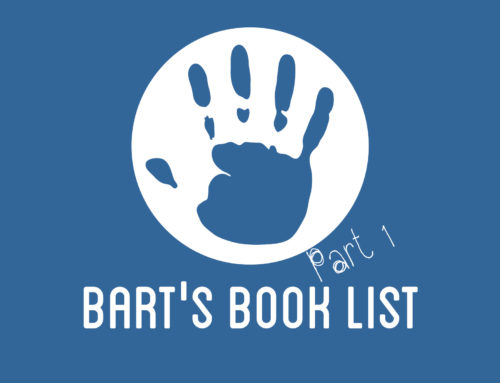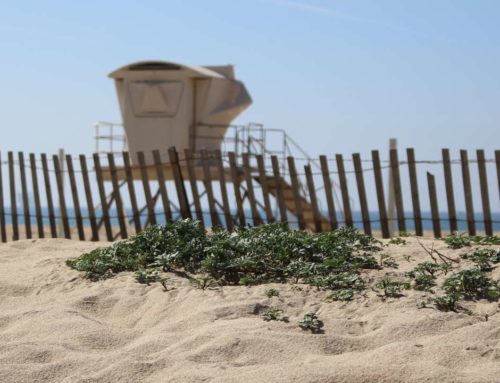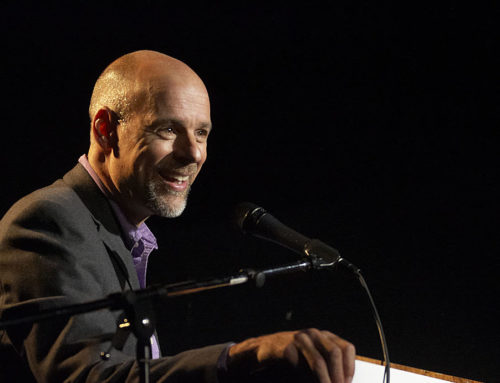Dear Friends,
I’ve been the Humanist Chaplain at USC for nearly a year now, and in a few months I’ll be the Humanist Chaplain at UCLA as well. I need to raise money for both those projects, but I’m new to Los Angeles and hardly anyone really gets my idea of building a relational campus ministry to inspire secular young people to make the most of their lives. Nevertheless, after slowly amassing a fairly large collection of potential supporters, I’ve sent you precisely zero letters about what I’m doing here. Seriously, what’s my problem?
I mean, it would be easy enough to describe jump-starting USC’s Secular Student Fellowship by speaking in classes, organizing community dinners, participating in academic forums and public ceremonies, networking with like-minded staff and faculty, and meeting with a steady stream of bright, energetic young people. Or to add that because both my ‘deconversion’ and my new role have been so widely publicized, I’m counseling all kinds of other people about pursuing goodness and building community on the other side of faith.
But none of that stuff captures the heart of what’s happening here.
For that I’d need to tell you a story about this work making a difference in somebody’s life, the way I did when I was an urban missionary. Unfortunately, these days most of my stories are about hyper-connected university students, who would surely discover me writing about them and lose their sense of safety, no matter how carefully I disguised their identifying details.
All I can share, really, are the things we talk about. You know, like their families, their roommates, and their significant others. What they believed growing up versus what they believe now. The meaning of life. Managing stress. What they’re studying and what they hope to do with it once they graduate. Managing anxiety. The origins of the Universe. The meaning of life. How to work for social justice. Sexuality. The meaning of life.
Seriously, my college students talk a lot about the meaning of life, which, strange as it sounds, means I end up talking a lot about the reality of death. Because, after all, for those of us who don’t believe in eternal life, it is only the scarcity of our days which makes them infinitely valuable, and which demands we decide how best to spend them.
Honestly, those conversations are usually great fun, partly because they always lead to the consideration of maximum happiness, and partly because my student friends are so very young. Occasionally, however, we must face together the actual death of a loved one, who suddenly has no more days to decide. In those moments, I often quote these lines of Robert Ingersoll:
The idea of immortality, that like a sea has ebbed and flowed in the human heart, with its countless waves of hope and fear, beating against the shores and rocks of time and fate, was not born of any creed, nor of any religion. It was born of human affection, and it will continue to ebb and flow beneath the mists and clouds of doubt and darkness as long as love kisses the lips of death. It is the rainbow – hope, shining on the tears of grief.
And yet there is one thing of which I am certain, and that is that if we could live forever here, we would care nothing for each other. The fact that we must die, the fact that the feast must end, brings our souls together and treads out the weeds from the paths between our hearts. And so it may be after all that love is a little flower that grows on the crumbling edge of the grave. So it may be that were it not for death there would be no love, and without love all life would be a curse.
I share those obviously antique words because I want my students to feel the urgency to connect, not only with one another, but also with the world around them, and with themselves. And because I want them to start learning to set their grief beside their joy in a place of honor, instead of hiding it away. And because I want to show them that our kind of warm, compassionate, community-building secular humanism is nothing new.
No, the only new thing here is my wife Marty and me, reaching out to secular students at USC and UCLA in an organized, proactive way, and asking you to help. Honestly, as much as we love this work, Marty and I can’t keep funding the Humanist Chaplaincy of Los Angeles out of our own savings. Don’t worry, eventually the young people we serve will graduate and support this chaplaincy because it touched their lives. In the meantime, however, if you value this good work, please make a tax-deductible donation to keep it growing.
Sincerely,
Bart Campolo
